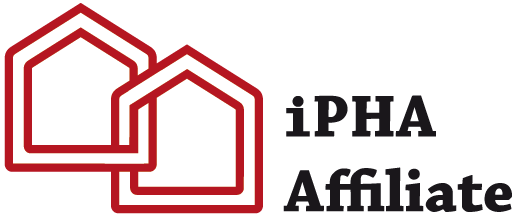We were very pleased to have Dr Jess Berentson-Shaw from The Workshop keynote at SPPHC19 (video and slides available here – it is highly recommended watching before making use of the checklist below)
Subsequently, PHINZ has worked with Dr Jess Berentson-Shaw to develop a checklist for our members. It is intended to help you advocate for Passive House by communicating its proven benefits using accurate and compelling story-telling.
It is free to download on the resources page.


